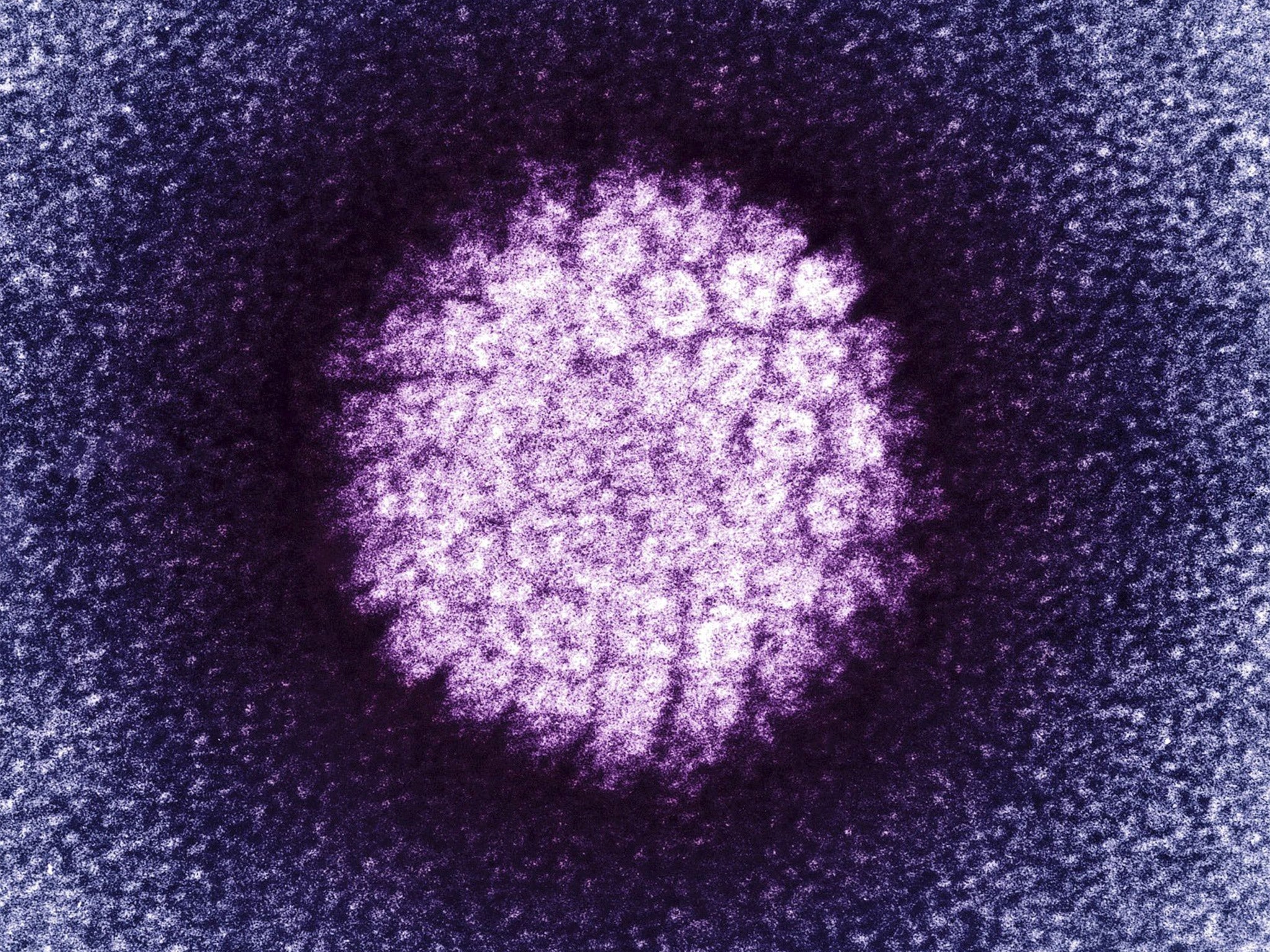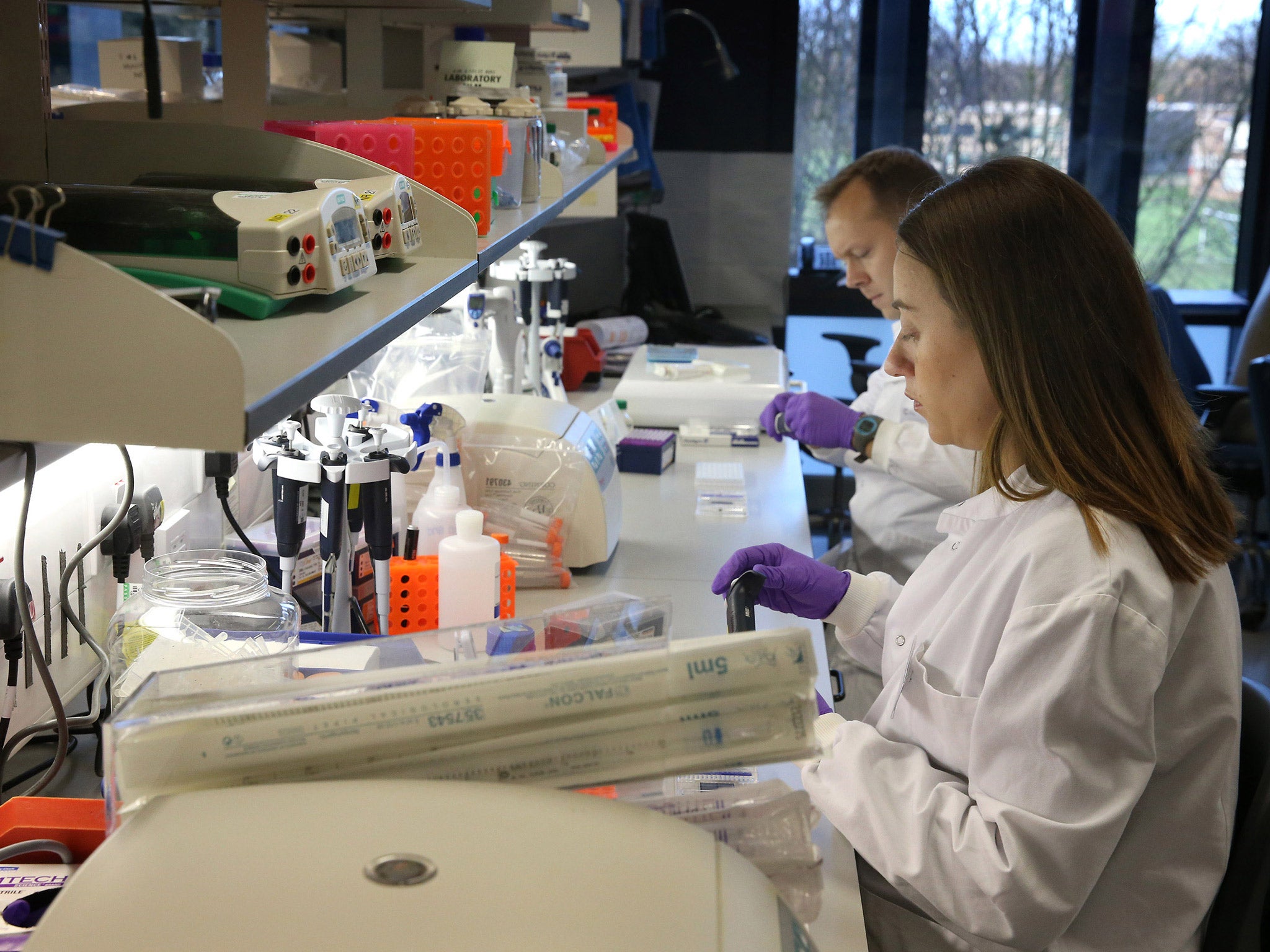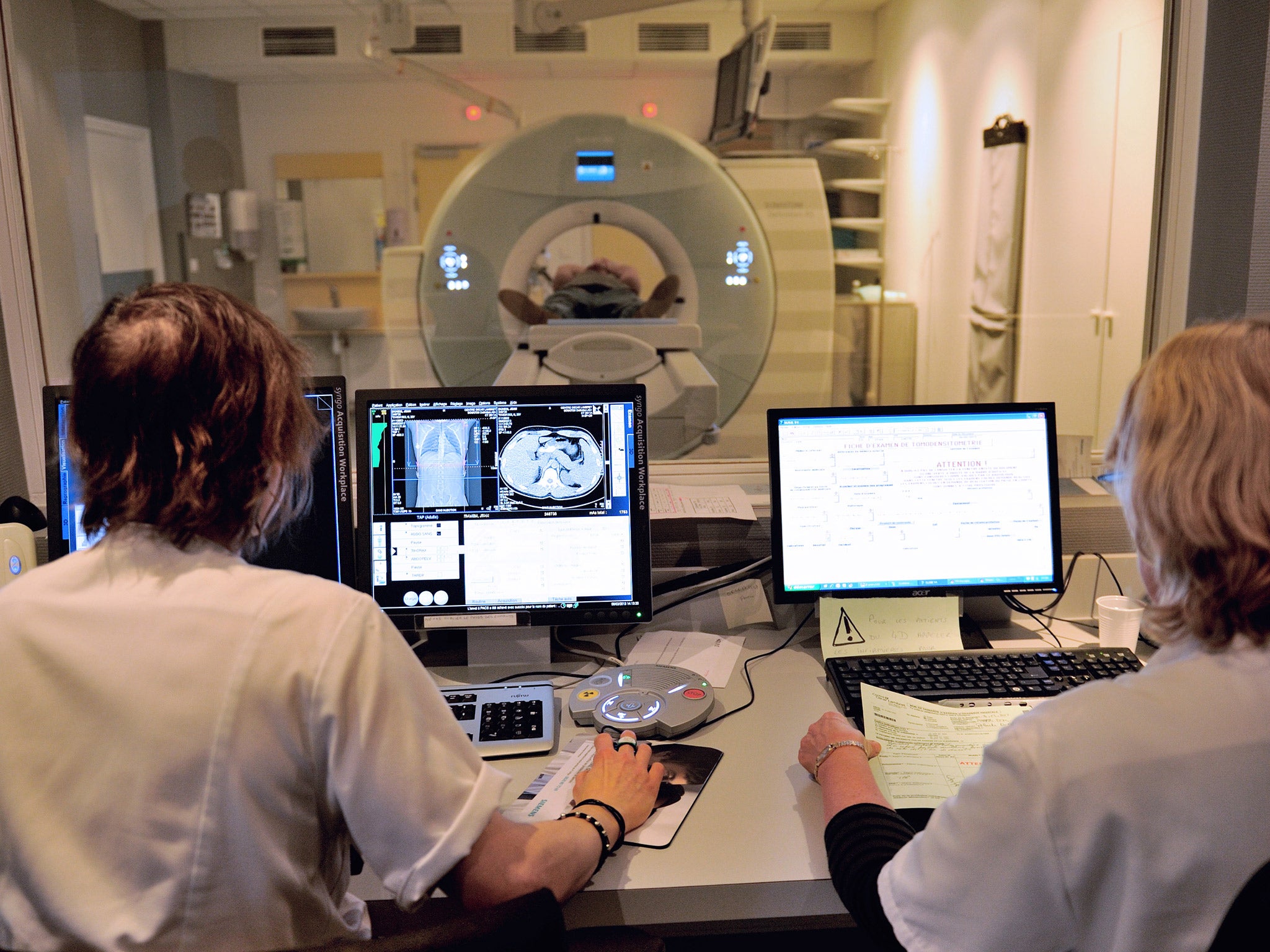In 10 years, 'crowdsourced computing' has changed the world; now it's tackling Ebola
Using IBM's 'virtual supercomputer', the world's dormant home PCs have been 'borrowed' for life-saving research. Genevieve Roberts reports on a 10-year success story

What do doctors, alien enthusiasts and you and I have in common? We can all play a crucial role in discovering cures for diseases. While some of the above may not have the expertise – or, indeed, brain power – to make scientific discoveries for themselves, all of our computers and mobile phones can help researchers while we sleep.
The World Community Grid (WCG) is a virtual supercomputer, created by millions of home computers worldwide. It is tackling problems from childhood brain cancer to Aids, water purification to more efficient solar power. Now, the grid is helping to find a cure for Ebola. And anyone can take part by signing up and creating an account for their PC or mobile phone, choosing projects and downloading the revelant software.
Stanley Litow, president of the IBM International Foundation, was part of the team who came up with the WCG concept 10 years ago. Their somewhat unusual inspiration came from those aforementioned extra-terrestrial enthusiasts. "We saw a project asking people to donate power from their PCs to find out more about aliens," Litow says. "In our citizenship project we started asking, 'What is the potential of this technology? Could we do something similar that would have real social impact?'" So they developed the humanitarian grid.
While alien-spotters who joined the Search for Extraterrestrial Intelligence (Seti) may have found their research results disappointing, their idea is likely to prove a crucial contribution to cures of the future. Within a year of Litow conceiving of the project, the WCG was involved in invaluable cancer research. "It caught on very quickly. We were already receiving dozens of requests for supercomputers and for power to help accelerate research because of reductions in budgets," Litow explains.
"When it was launched at IBM, it was very new technology. Even now, when people donate power on their computer, they're surprised it's possible. The technology only works if there are massive numbers of people involved. There are now more than three million devices involved, and 700,000 people donating processing power."
Whenever a computer is dormant, it will start running research. This means that scientists searching for cures, who are faced with millions of compounds – one of which may be the key to disabling a disease – can accelerate their research. It would take years to examine each compound in a laboratory. Computer modelling accelerates this process by identifying the most likely compounds for lab testing. This either requires access to a supercomputer – which can cost a million pounds, a sum that's inconceivable to underfunded research teams – or they can partner with the World Community Grid virtual supercomputer.

Since the project's inception, volunteers on the WCG have powered two dozen research projects, donating more than a million years of computing time collectively, and performing more than 2.2 billion calculations for scientific research. In the case of Ebola, scientists are busy analysing how promising chemical compounds react when they encounter the virus. Professor Erica Ollmann Saphire at The Scripps Research Institute in California, says, "We need to do everything to stop this virus. We have information in my lab that will tell us how to fight it, but we need computational power to calculate which drugs will best fit. If hundreds of thousands of people on this grid each do a small piece of the calculation, it will let us do in weeks what would otherwise take us hundreds of years."
Dr Igor Jurisica, professor at the University of Toronto, is working on a project to discover markers that help to predict susceptibility to cancer and how likely it is to spread. He says, "World Community Grid is being used to perform computer analysis. This will achieve two important goals. First, we will find useful markers that have potential to improve cancer treatment – by finding it earlier, identifying high-risk patients, or predicting which patients may or may not benefit from specific treatment. Second, this analysis will help us to identify such groups of markers faster, benefiting many other diseases."
There have already been huge developments. The Chiba Institute of Technology in Japan identified seven drug candidates to use in new medicines to fight neuroblastoma, one of the most dangerous childhood cancers. Scientists screened more than three million chemical compounds in a massive, virtual experiment that would have taken more than 55,000 years if performed on a personal computer with a single-core processor. Initial tests showed that, even at low doses, these drug candidates are effective at killing cancer cells with no apparent side-effects. Meanwhile, the Harvard Clean Energy Project screened 2.3 million compounds – the most extensive investigation of quantum chemicals ever performed – to produce an open database listing promising compounds for further development by those looking to develop cheaper, more efficient solar cells.
The WCG software loaded on each volunteer's device records where it left off until assignments are completed. Completed calculations are sent back to servers in Toronto and forwarded to researchers. Then, new assignments are given to volunteers' computers. The grid is funded and managed entirely by IBM. Teams at the computer corporation help manage technical details so scientists can focus on their research. "All projects are open, so everyone can share findings, as they may be helpful in other areas," Litow says. "The value of the research that has been done magnifies the investment many times over."

Ari Fishkind, spokesman for IBM, emphasises that there are no security concerns. "We've had billions of calculations without a single virus to compromise privacy or interfere with the operation of volunteers' computers. IBM stress-tests the software programming of each project to ensure there are no vulnerabilities. By design, it's relatively dumb software that can only be used for one specific task – ferrying assignments to remote devices, and shuttling results back. All communications between volunteers' devices and World Community Grid are encrypted and authenticated. Individuals, companies, universities and government agencies trust it to keep their data safe."
Litow says IBM is in discussion with Apple, Samsung and Sony and a range of non-tech companies about how they can help. "Political leaders and universities can get behind this and see the social and economic value. It costs nothing, the opportunity is so great and we have ample evidence that there are no downsides."
He believes that, the more people involved, the quicker we'll see huge breakthroughs. "If you're an individual who cares about making a breakthrough, here's your opportunity," he urges. Users can choose their priority, and push their power to cancer, Ebola or particular environmental research. They can invite everyone in their network to do the same; sign up as teams or as individuals, and track the number of calculations being done to help the research. "Writing a cheque is good," he says. "But it's not personal involvement."
Mark Wills, 44, a pastor, signed up his PCs because he wants "to make a difference to the world". He says, "My father-in-law and my grandfather both died from cancer. I have contributed more than four years of research to mapping cancer markers. I cannot fully express how wonderful that makes me feel."
Join our commenting forum
Join thought-provoking conversations, follow other Independent readers and see their replies
Comments
Bookmark popover
Removed from bookmarks